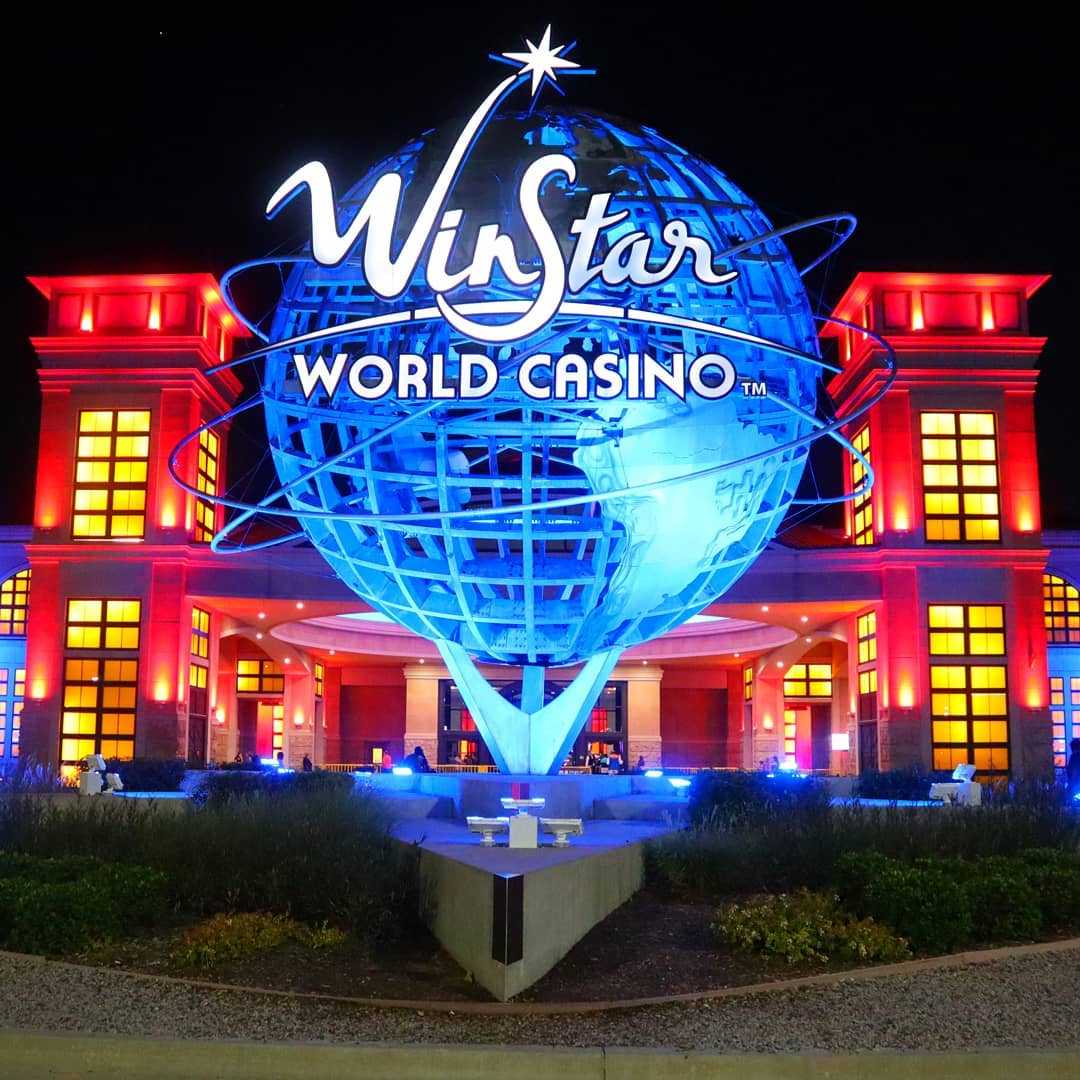
Gambling games have long captured the interest of individuals around the globe, becoming an important part of both entertainment and culture. From the sparkling lights of the Vegas Strip to the immersive experience of virtual casinos, these activities evoke excitement, risk, and sometimes even a sense of remembrance. They are more than simply hobbies; they have woven themselves into the fabric of society, influencing everything from movies and songs to fashion and literature. 789 club
The allure of casino games goes beyond the wagering aspect, tapping into larger themes of fortune, possibility, and human behavior. As players convene around a gaming table or rotate the wheel of fortune, they engage in an age-old ritual that connects with our shared desire for excitement and uncertainty. This captivation has led to the emergence of many references in cinema, music, and gaming, showcasing how intensely entrenched these pastimes are in popular culture. Whether it is the pressure of a legendary robbery film or the lively nightlife portrayed in videos, casino games have carved out a substantial place that reflects our bond with risk and reward.
Historical Importance of Gambling Activities
Casino games have played a pivotal role in cultural contexts throughout history. Originating from ancient civilizations, forms of chance were often connected to ceremonies or events. For example, early forms of gambling can be traced back to ancient China and the Romans, where die games and betting on results were popular pastimes. These games not only served as leisure but also as means of social interaction, facilitating relationships among individuals within communities.
As societies evolved, so did the complexity and organization of gambling games. The establishment of official casinos in the 17th century, particularly in the Italian region, marked a major shift in how games were viewed and structured. With designated spaces for gambling, the casino became a social hub where people from different backgrounds gathered. This evolution contributed to the validation of the industry, transforming it from a mere pastime into an organized industry that influenced economy and policy.
The effect of gambling activities on popular culture cannot be understated. As they were brought into the limelight in literature and film, games such as poker and 21 became symbols of chance, chance, and strategy. Famous characters and stories have emerged around these games, reflecting societal views towards luck, wealth, and vice. This fascination with casino activities has permeated various forms of entertainment, cementing their place in the collective consciousness and connecting them to wider cultural stories throughout the ages.
Representation of Gambling Games in Entertainment
Casino games have long been a popular subject in different types of entertainment, reflecting both the fascination and complexities of gambling culture. Films such as Ocean’s 11 and Casino Royal portray characters who navigate dangerous scenarios, showcasing not only the allure of the casino atmosphere but also the methods and judgments that come with playing popular games like poker and blackjack. These movies often dramatize the exhilaration of winning and the potential results of losing, encapsulating the dangers involved in betting.
Television shows have also explored the world of gambling activities, often integrating them into the plot as a setting for character development and drama. Shows like Vegas depict the stories of gambling employees and patrons, highlighting the lively, often disorderly energy of the casino floor. Reality shows featuring intense gambling competitions further emphasize the appeal of gambling activities, drawing viewers into the tension and planning involved in each session. Through these representations, media not only entertains but also prompts conversations about luck, expertise, and the character of randomness.
Gaming have increasingly incorporated gambling activities into their structure, allowing players to recreate the experience of betting without monetary loss. Titles within the landscape of digital gaming often include virtual slots, poker, and other popular casino games, creating an engaging environment that mirrors actual casino experiences. These virtual portrayals make gambling activities accessible to a global audience, appealing to both risk-takers and those who enjoy the rush of simulation. As a consequence, the representation of casino games in media continues to shape cultural attitudes and cultural relevance, highlighting their role in entertainment and culture.
Effect of Casino Games on Society
Gambling activities have a significant effect on society, affecting multiple aspects of societal norms and social behavior. They often serve as a platform for social interaction, where people gather to experience a shared experience. Casino trips with friends or visits to casinos become group events that foster connections and create shared moments. This communal aspect boosts the entertainment value of casino games, making them a popular choice for festivities and recreational pursuits.
Moreover, casino games have been portrayed in numerous films, television shows, and literature, influencing perceptions and attitudes towards gaming and gaming. Icons like James Bond playing baccarat or the intense poker scenes in films have cemented these games in the shared imagination. This depiction often glamorizes the lifestyle associated with casino activities, drawing in new players and influencing trends in both style and behavior. These representations can spark curiosity and lead to a deeper investigation of the intricacies of gaming.
However, there are also adverse implications associated with the popularity of casino games. The temptation of quick monetary gain can lead to gambling addiction and financial troubles for some people. Society must grapple with these issues, advocating for responsible gambling and awareness of the risks involved. Balancing the fun aspect of gambling activities with the potential for harm is vital to ensure that they remain a beneficial aspect of our societal fabric.